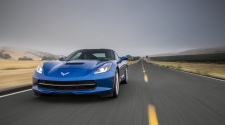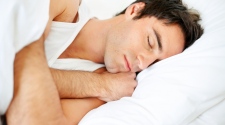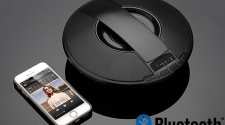The safest bet, when it comes to drinking and driving is not to do it at all. Even one drink can slow judgment and response time, making activities that require quick reflexes, such as driving your car, that much more challenging. But suppose you’ve just had one glass of wine and you don’t have a designated driver with you. Is it legal for you to drive home?
The Legal Limit Gives Some Leeway
Across the United States, the standard legal limit is a blood alcohol content (BAC) of .08, which means you would have 8 grams of alcohol per every 100 milliliters of blood. Generally, it’s assumed that this equates to one drink, but there are approximately 14 grams of alcohol in a standard size drink. A 12-ounce bottle of beer contains 5% alcohol, but five ounces of wine contains 12% alcohol.
Even though a single drink may be allowed under the law, it can also reduce reactionary time by 20% and even a .05 BAC doubles the risk of a traffic accident. Driving with a BAC of .08 or over that will result in a charge of driving under the influence (DUI). If your BAC is above .07, you may be charged with driving with intoxicated (DWI). As the BAC rises, so does the likelihood of a car crash. For a .08 BAC, the chances of getting in a car accident increases by four times. For drivers registering a .15 blood alcohol content, they’re 20 times more likely to be involved in a serious car wreck.
The BAC Isn’t Just About the Alcohol
While we know the alcohol content of each drink, how it affects the bloodstream is a different matter. There are several factors that can affect your BAC beyond how much you have to drink. For instance, research has shown that women tend to have a higher level of BAC than men, even when they consume the same number of identical drinks. Additionally, drinking on an empty stomach will give you a higher BAC, which is why it is not recommended that you drink without eating something. Drinking fast, such as binge drinkers tend to do, will cause the individual to get intoxicated on fewer drinks, as well. If you’re tired or fatigued when you begin drinking, one glass of wine will have a stronger effect on you and drive up your blood alcohol content.
There is no end to the list of things that can affect your BAC levels, and it probably isn’t safe to drive, no matter how much you have or haven’t had to drink. If you are by yourself, play it safe and get an Uber or plan ahead and decide not to have anything to drink, no matter how much you want it. Hurting yourself or others isn’t worth it.













